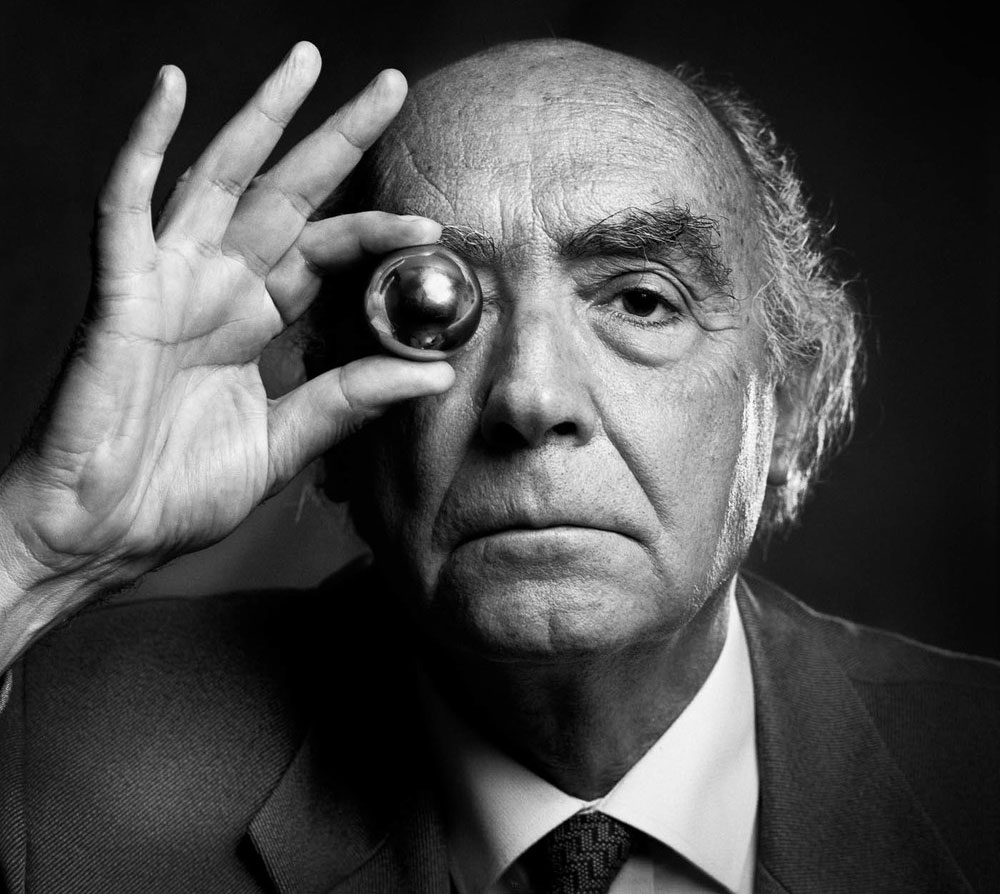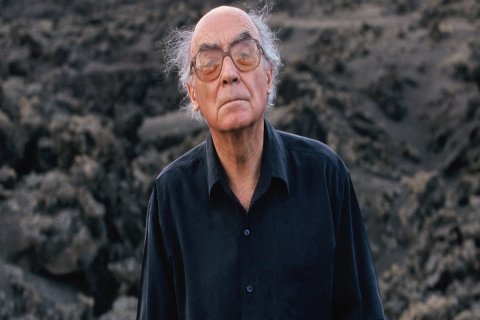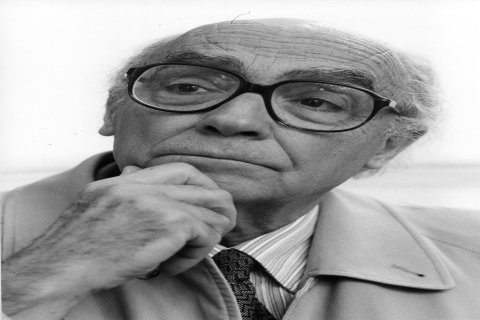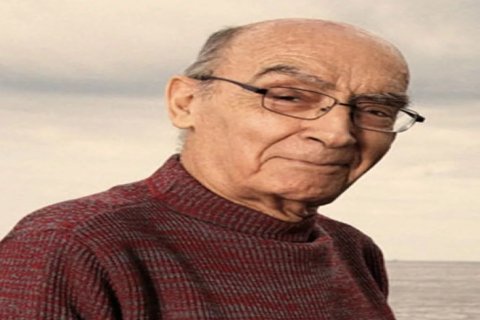José Saramago

José Saramago (1922-2010) was a Portuguese Nobel Prize-winning author, poet, playwright, journalist, and translator. He is best known for his novel Blindness (1995), which tells the story of an epidemic that causes people to go blind. Saramago's work has been praised for its originality, its powerful social commentary, and its beautiful prose.
Life:
- Born in Azinhaga, Portugal, on November 16, 1922.
- His father was a landless peasant, and his mother was a cook.
- Saramago grew up in poverty and received little formal education.
- He worked a variety of jobs before becoming a writer, including as a mechanic, a metalworker, and a civil servant.
- He began writing in the 1940s, but it was not until the publication of his novel Raised from the Ground (1980) that he achieved international recognition.
- Saramago was a vocal critic of the Portuguese government and of globalization.
- He died in Lisbon, Portugal, on June 18, 2010.
Awards:
- Camões Prize (1995)
- Nobel Prize in Literature (1998)
Major Works:
- Raised from the Ground (1980)
- The Year of the Death of Ricardo Reis (1984)
- The Gospel According to Jesus Christ (1991)
- Blindness (1995)
- All the Names (1997)
- The Cave (2000)
- Seeing (2006)
- Death with Interruptions (2005)
Themes:
- Blindness
- Power
- Religion
- Social injustice
- History
Style:
- Saramago's writing is characterized by its long, complex sentences, its use of allegory and symbolism, and its experimental structure.
- He often uses magical realism to explore social and political themes.
- His work is often controversial, but it is also highly praised for its originality and its powerful social commentary.
Legacy:
- Saramago is considered one of the most important Portuguese-language writers of the 20th century.
- His work has been translated into more than 50 languages.
- He has been the subject of numerous studies and conferences.
- His work continues to be read and enjoyed by people all over the world.





